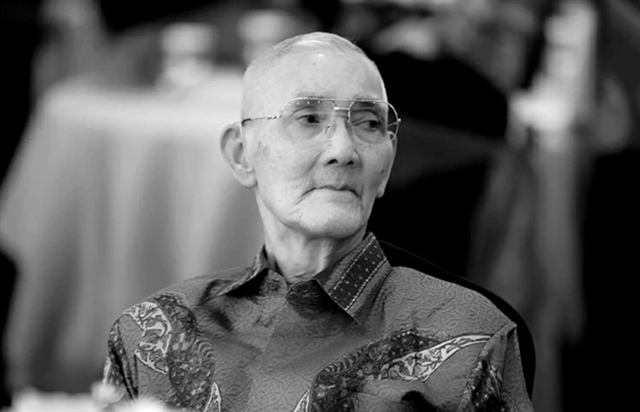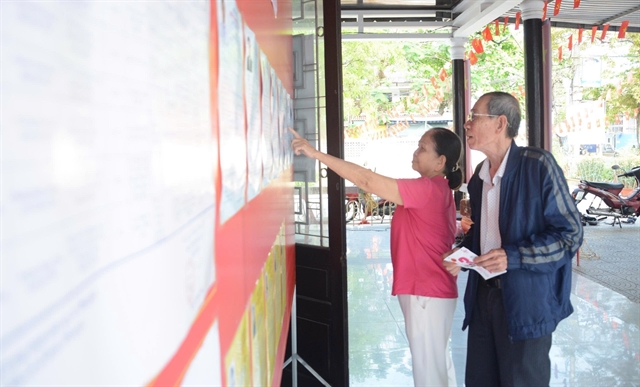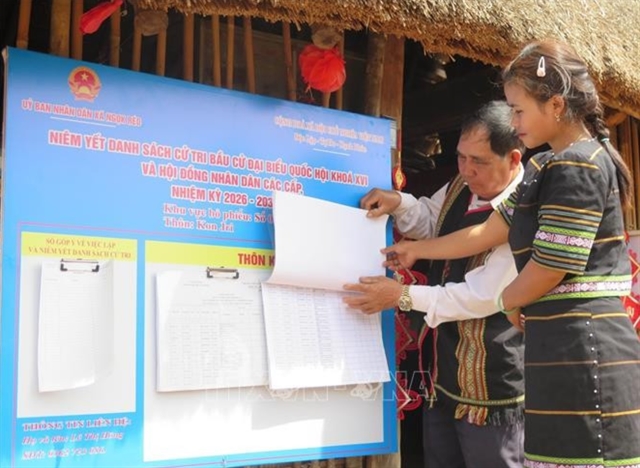 Opinion
Opinion
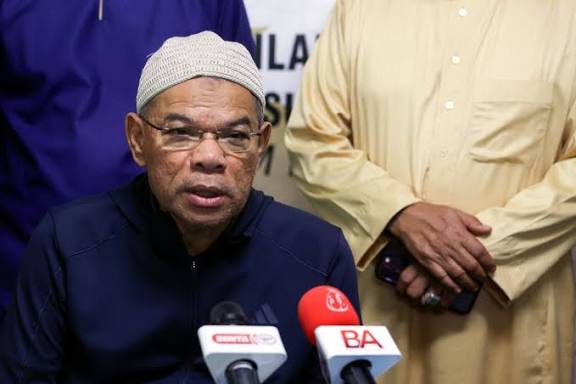
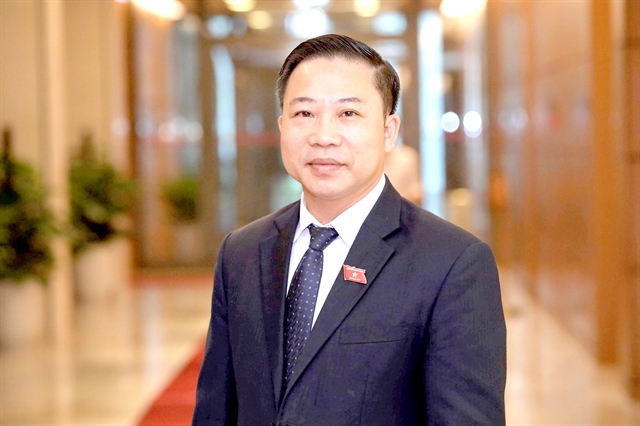 |
| Lưu Bình Nhưỡng, deputy head of the NA's Ombudsman Committee. Photo xaydungchinhsach.chinhphu.vn |
The Ministry of Home Affairs is currently seeking input from experts, scientists, managers, and the public on the government's draft decree aimed at promoting and safeguarding the interests of dynamic, creative, daring, and innovative public servants. In an interview with the Government Portal, Lưu Bình Nhưỡng, deputy head of the NA's Ombudsman Committee, discussed the matter.
The Party has repeatedly emphasised the importance of encouraging dynamic, creative, daring-thinking and daring-to-do among public employees in many key documents. Now this vision is being reflected in a draft decree by the government. Is this a groundbreaking development given the current situation?
The Party and State have already established a range of policies and regulations relating to public employees and promoting the above-mentioned traits. However, these policies have not been comprehensive or specific enough. Therefore, the Politburo issued Conclusion No 14-KL/TW on September 22, 2021, which focuses on incentivising and safeguarding dynamic, creative public employees for the common good.
This policy is both timely and appropriate for addressing fundamental issues relating to public servants in the present era. However, as it is a Party policy, it cannot directly address social relations within the rule-of-law state, nor can it replace existing laws. Therefore, it is necessary to issue legal documents to institutionalise this policy.
There is a prevailing viewpoint that incomplete policies and laws have led to many new issues arising without precedents, which can pose significant risks and errors. How do you evaluate this situation?
While there are some legal provisions related to the protection of public employees in general, such as the "right to be protected by law when performing duties" (Article 11, Law on Public Employees) or the entitlement of public employees to "other rights as prescribed by law" (Article 14, Law on Public Employees), these provisions are still quite general and do not explicitly define the content of the object being protected against the subject. Furthermore, there are no direct provisions on the aforementioned issues.
The incomplete system of policies and legal provisions has failed to provide sufficient grounds for encouraging public employees to be creative, daring to think, and daring to do, nor has it provided adequate protection for them. Additionally, there is no legal provision to determine the responsibility for acts of law violation.
Do you think that the issuance of this decree will help prevent, deter, and strictly handle public employees who exploit the encouragement policy, protect public employees to carry out or cover up acts of personal gain, corruption, negative behaviours, violations of Party discipline, and state law?
The creation of laws can have a significant impact on society and individuals, especially in areas that require legal adjustment. However, laws can also have both positive and negative effects.
For those who possess a sense of responsibility and obedience, these regulations will be a "treasure" that encourages and protects capable, qualified, and dedicated public employees who contribute to building the State apparatus and developing a talented and ethical civil service team with a sense of responsibility to serve the State and the people.
However, there is also the risk that laws and regulations may be exploited by some individuals as a tool to justify, protect, and cover up for public employees and public servants who have committed wrongdoings and become corrupt. In these cases, the effectiveness of the decree will depend on how strictly it is enforced and how accountable those who break the law are held.
Do you believe that the issuance of this decree will encourage public employees and civil servants to take advantage of their intelligence, propose bold ideas, create breakthrough solutions, resolve bottlenecks, and contribute to the effective and practical value creation, strong transformation, and development?
The issuance of this decree in this area will undoubtedly contribute to the refinement of regulations on the work of public employees, the management of civil servants, and the creation of a foundation to unlock the untapped potential of highly capable and qualified civil servant teams.
Furthermore, it will create legal consistency for evaluating, reminding, and promoting righteous and higher-quality public employees. Most importantly, it will assist all levels and sectors in detecting, attracting, valuing, protecting, and ensuring the utilisation of talents, which will build a national "nucleus" system and contribute to the creation of policies and laws. VNS


